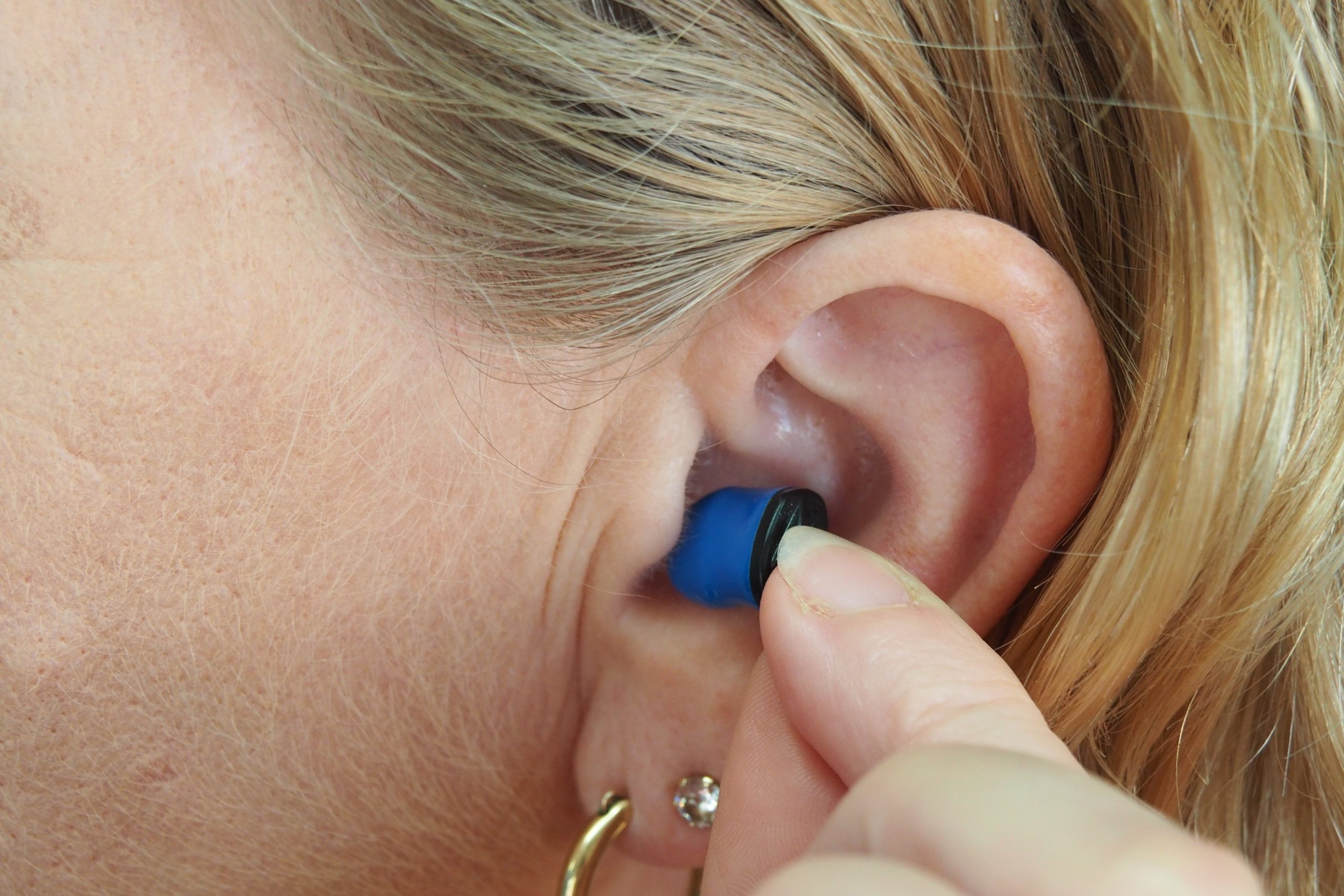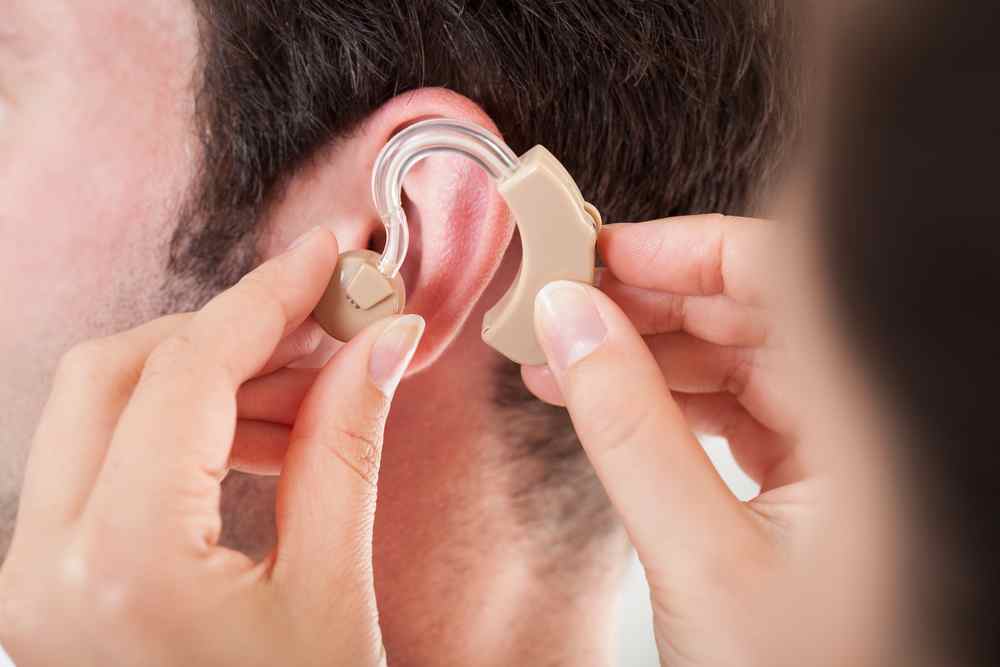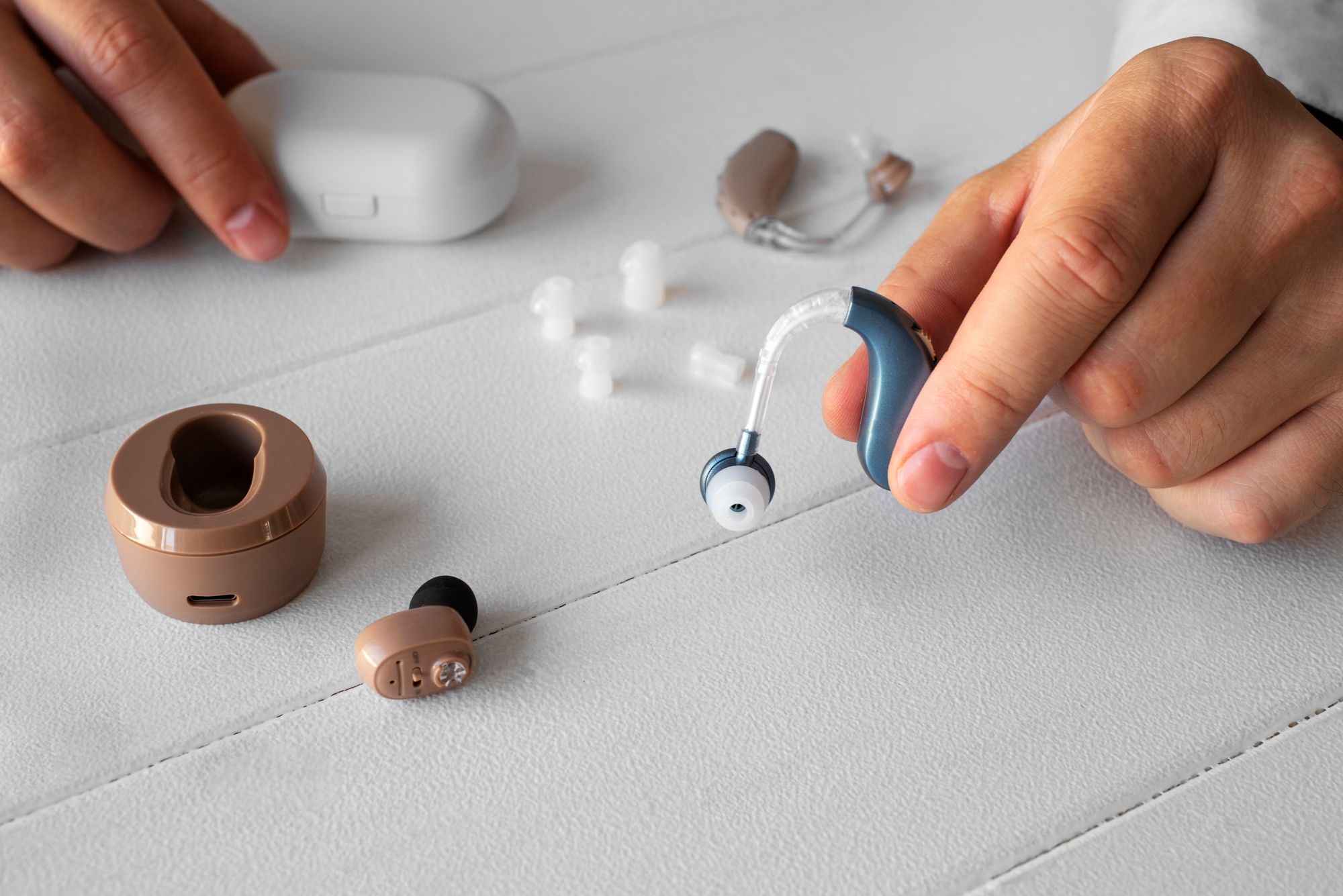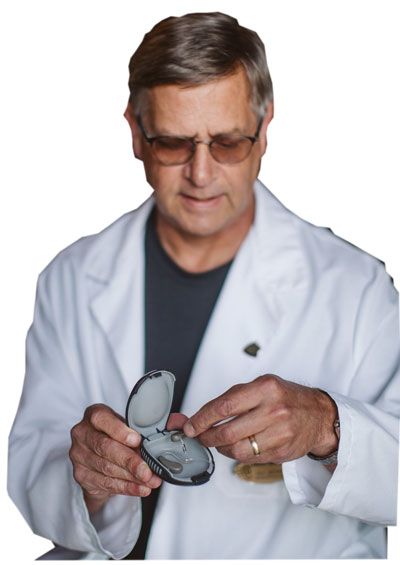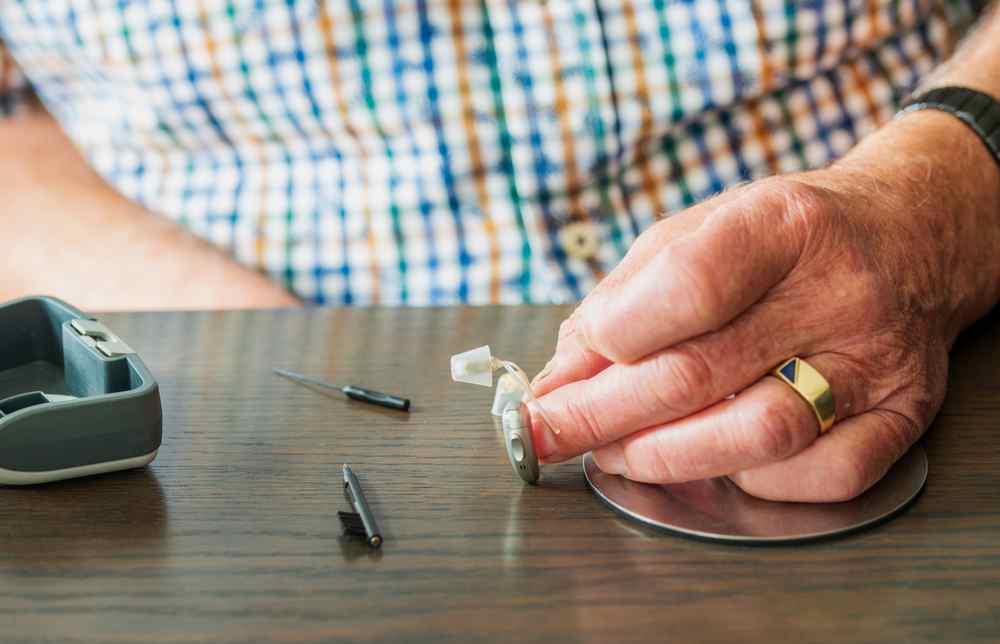How to Know If Your Hearing Loss is Temporary or Permanent?
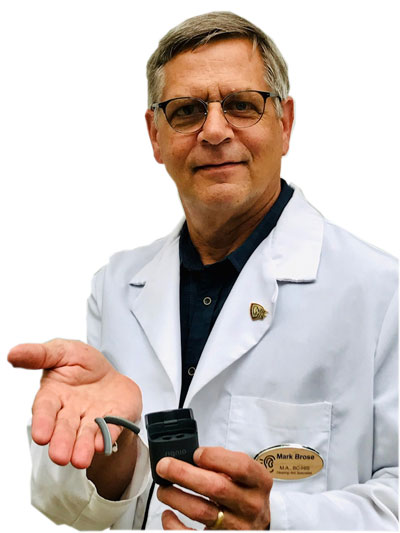
Imagine one day all of a sudden you are unable to hear certain sounds. Isn’t that very disturbing and the first question that comes in mind is the hearing loss temporary or permanent.
It is very important to understand the source of hearing loss which will help you to find the impact that whether it is permanent or not.
If we discuss about the temporary hearing loss most audiologists will agree that they would have dealt with a temporary hearing loss in their journey of life at one point of time.
Temporary hearing loss tends to come suddenly or in short intervals of few days. The symptoms for this includes muffled sounds, difficulty hearing, high pitched sounds.
Oftenly, temporary hearing loss will clear up on its own. However, it is best if you go to the doctor to get the problem diagnosed and examined. Depending on the cause of your hearing loss, your doctor might have different ideas for treatment. They might advise you to rest or administer medication to help clear up any infections. Common treatments for temporary hearing loss include:
Silence. If you’ve recently been exposed to loud noises, silence is the most important thing. If you keep listening to loud noises and don’t sufficiently rest your ears, you could end up with serious permanent damage.
Antibiotics. If your problem lies with an infection, you need to take some antibiotics and clear up the infection in your ears. Then, the fluid will drain and you should hear normally again.
Stop ototoxic medications. If you’re taking medications that are impairing your hearing, your doctor might ask that you stop taking them and switch to a different treatment. After that your hearing should improve.
Remove blockages. If you have a foreign object in your ear or impacted earwax, you need to have this blockage removed. Until then, you will likely continue experiencing temporary conductive hearing loss.
Never try to remove foreign objects yourself, and only trust medical professionals with your ears. If we talk about permanent hear loss sometimes ear infections cause irreversible damage to the eardrum or bones within the ear. Bacteria residing in the ear could break them down.
The way is to consult for medical help as soon as possible, as an ear infection could end up causing permanent hearing loss if not taken care properly.
Causes of Permanent Hearing Loss
The main causes of permanent hearing loss are:
Noise exposure: Repeat exposure to loud noises or one-off exposure to extremely loud sounds would cause permanent hearing loss.
Age: Age is another common cause of hearing loss. The data shows that, unfortunately, two-thirds of us will have hearing loss by the time we are 70-79 years old.
Underlying health conditions: Some diseases could lead to permanent hearing loss. Examples include autoimmune diseases, Ménière’s disease, hereditary diseases and viral infections.
Injury or trauma: Physical damage to the auditory system can lead to permanent hearing loss.
Drugs: Hearing loss is a possible side-effect of certain drugs.
Hearing loss can be either permanent or temporary. Hearing loss can sometimes be treatable or be a sign of other underlying health problems. That is why you should always look for medical attention if
you are doubtful you are having hearing loss.
If your hearing loss is indeed permanent, a hearing device might help improve your quality of life andprotect your remaining hearing ability.
